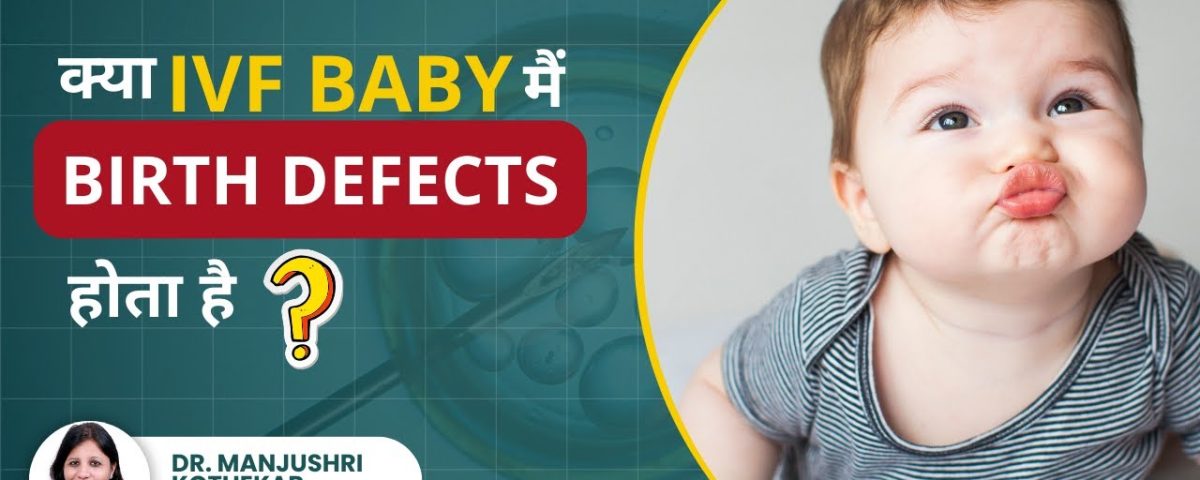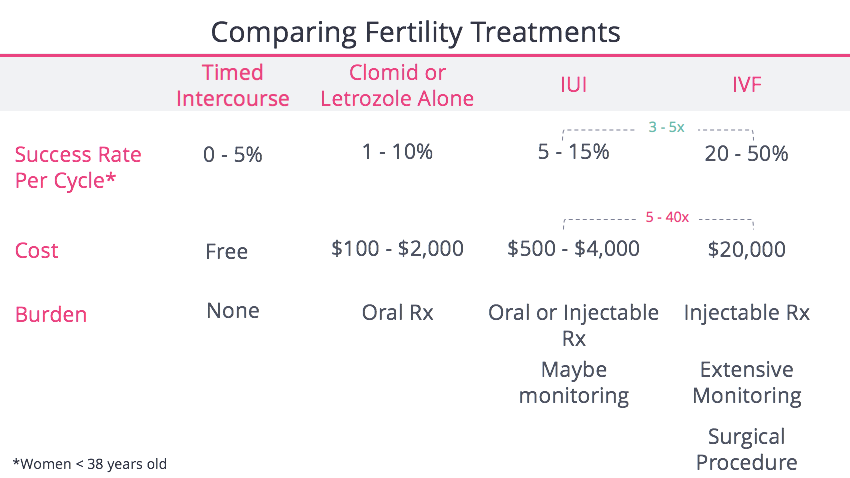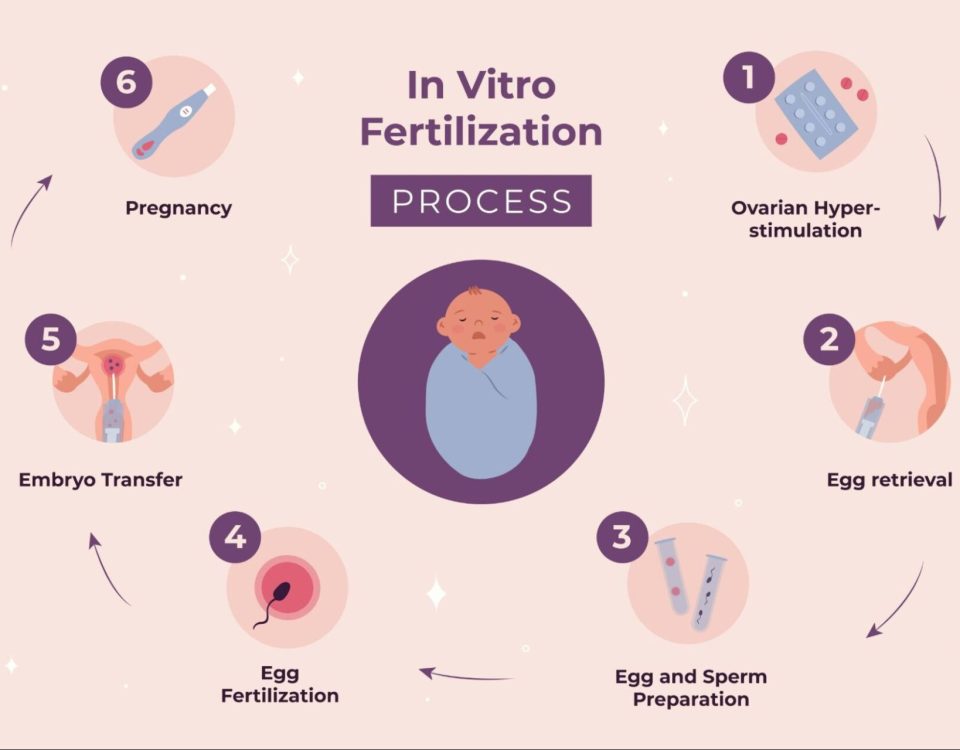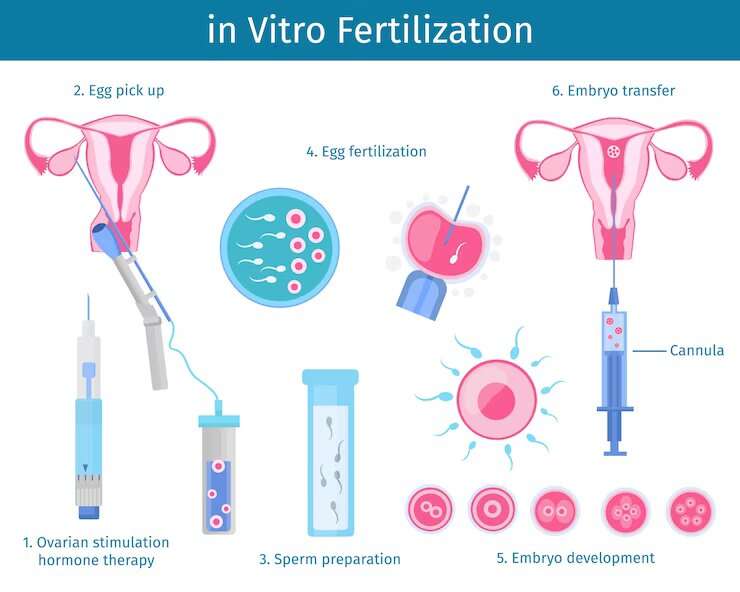
Does IVF Increase Risk of Cancer?
April 27, 2025
Does IVF Increase Cancer Risk? A Deep Dive into the Facts, Fears, and Future
April 27, 2025Do IVF Babies Have More Issues?
When you’re thinking about starting a family, the journey can feel overwhelming—especially if you’re considering in vitro fertilization (IVF). It’s a big decision, and it’s natural to wonder about the kids born through this process. Are IVF babies more likely to face health challenges or developmental hiccups compared to kids conceived naturally? It’s a question that pops up a lot, and honestly, it deserves a deep dive. So, let’s unpack this together—looking at the science, the stories, and the stuff you won’t find in every article out there.
IVF has been around since 1978, when the first “test-tube baby,” Louise Brown, was born. Since then, millions of babies have come into the world this way. It’s incredible, right? But with all the amazing stories, there’s also a quiet hum of concern. Parents want to know what’s ahead—not just for the pregnancy, but for their child’s whole life. We’ll explore the risks, the realities, and even some surprising positives, all while keeping it real and easy to follow.
What Science Says About IVF Babies and Health Risks
IVF is a miracle for many, but it’s not without its quirks. Research shows that babies born through IVF might face a slightly higher chance of certain health issues. Let’s break it down.
Studies—like ones from the National Institutes of Health—point to a 30-40% increased risk of birth defects in IVF babies compared to those conceived naturally. That sounds scary, but what does it really mean? We’re talking about things like heart defects, cleft palate, or issues with the digestive system. For example, a big review of 46 studies found that IVF kids had a 37% higher chance of major malformations. That’s not a small number, but it’s also not the full picture.
Why does this happen? Some experts think it’s tied to the IVF process itself—things like how eggs are handled, the lab environment, or even the freezing and thawing of embryos. Others say it might be more about the parents’ infertility struggles, which could already signal some genetic or health factors at play. It’s a chicken-or-egg situation, and scientists are still sorting it out.
But here’s the good news: most IVF babies are born healthy. The actual risk of something going wrong is still pretty low. For instance, while heart defects might be twice as common in IVF kids, the baseline risk in all babies is only about 1%. So, even doubled, it’s still rare.
Preterm Birth and Low Birth Weight: A Closer Look
One thing that comes up a lot is that IVF babies are more likely to arrive early or weigh less than average. Research backs this up—IVF singletons (not twins or triplets) have a 70% higher chance of being born preterm and a 50% higher chance of low birth weight. That’s compared to babies conceived without any help.
Why? Part of it is because IVF pregnancies often involve extra hormones and procedures that can nudge the body into labor sooner. Plus, if you’re carrying twins (which happens more with IVF), the odds of an early delivery shoot up even higher. Preterm birth can lead to breathing problems or delays down the road, but modern medicine is amazing at helping these little ones catch up.
Here’s a quick snapshot:
| Issue | IVF Babies | Naturally Conceived |
|---|---|---|
| Preterm Birth Risk | 11-12% | 6-7% |
| Low Birth Weight Risk | 9-10% | 5-6% |
| Heart Defects | ~1.5-2% | ~1% |
These numbers aren’t meant to freak you out—they’re just a starting point. Most preterm IVF babies grow up just fine, especially with good care.
Are Developmental Delays More Common in IVF Kids?
Okay, so what about how IVF babies grow up? Do they hit milestones like walking and talking at the same pace as other kids? This is where parents often hold their breath, and thankfully, the data is pretty reassuring.
A study from PLOS Medicine looked at thousands of IVF kids aged 4 to 9 and compared them to naturally conceived peers. They checked things like school performance and social skills. Guess what? No big differences. Whether it was reading scores or making friends, IVF kids held their own. Another long-term study from Melbourne even found that young adults born via IVF reported higher quality-of-life scores than their peers—especially in social and environmental areas.
But there’s a flip side. Some research hints at a slightly higher risk of neurodevelopmental issues, like autism or ADHD. For example, one study suggested a 42% increased chance of autism spectrum disorders in IVF kids, though the overall risk stayed small (less than 1%). The catch? It’s tough to pin this on IVF alone. Infertility itself—or even the stress of treatment—might play a role.
What Parents Can Do
If you’re worried about development, here’s what works:
✔️ Early Checkups: Regular pediatric visits can spot any delays fast.
✔️ Play and Talk: Simple stuff like reading to your kid or playing games boosts brain growth.
❌ Don’t Panic: Small delays don’t mean bigproblems—kids catch up at their own pace.
The takeaway? IVF kids aren’t doomed to struggle. They’re just as likely to thrive as anyone else, with a little love and attention.
The Cancer Question: Is There a Real Link?
This one’s a heavy hitter: Are IVF babies more prone to cancer? It’s a fear that floats around, especially on platforms like X, where people sometimes share strong opinions. Let’s dig into the facts.
A massive study of over 100,000 IVF kids found no overall increase in cancer rates compared to naturally conceived kids. That’s a relief, right? But there were tiny upticks in rare cancers—like liver tumors or muscle tumors. Another Nordic study echoed this: a slight bump in central nervous system tumors, but nothing widespread. The numbers are so small they’re almost a blip—think 0.02% versus 0.01%.
So why the whispers? Some think it’s tied to epigenetics—how genes get “switched on” during IVF. The lab process might tweak DNA in ways we don’t fully understand yet. But here’s the kicker: these risks don’t seem tied to IVF itself. They might reflect the health of the parents or even random chance.
A Quick Quiz: What’s Your Take?
Let’s pause for a sec. What do you think about IVF and cancer risk?
- A) It’s a major worry—I’d rethink IVF.
- B) It’s a small risk, but I’d want more info.
- C) Sounds like it’s not a big deal to me.
Drop your pick in your head (or share it with a friend!). It’s a good way to check in with your gut as we go.
Epigenetics: The Hidden Factor No One Talks About
Here’s something you won’t find in every article: epigenetics. It’s a fancy word, but it just means how your environment can flip gene switches on or off without changing your DNA. Think of it like a dimmer switch on a light—it adjusts how bright things get.
IVF messes with this a bit. The hormones, the lab dishes, the freezing—all these steps happen during super sensitive stages of development. Studies in animals show that IVF can mess with gene patterns, sometimes leading to health quirks later. In humans, there’s evidence of this too. For instance, IVF kids have a higher rate of imprinting disorders—rare conditions like Beckwith-Wiedemann syndrome, which can cause overgrowth and a slight cancer risk.
But don’t freak out. These disorders are super rare (like 1 in 30,000), and even with IVF, the odds barely budge. What’s cool is that researchers are tweaking IVF techniques—like adjusting culture media—to lower these risks. It’s a work in progress, and it’s getting safer all the time.
Why This Matters to You
If you’re planning IVF, ask your clinic about their process. Are they using the latest methods? It’s a small step that could make a big difference for your future kid.
Multiples: The Twin Factor in IVF
IVF often means twins or more—and that’s a game-changer. About 20-30% of IVF pregnancies result in multiples, compared to just 1-2% naturally. Twins are adorable, but they come with extra risks: preterm birth, low birth weight, and even long-term issues like cerebral palsy.
Why so many multiples? Doctors sometimes transfer more than one embryo to boost the odds of pregnancy. But here’s the shift: clinics are moving toward single embryo transfers (SET). It cuts the twin rate and keeps babies healthier. In 2021, SET led to live births in 45% of cases for women under 35—pretty solid odds without the extra risks.
Tips for Managing Multiples
✔️ Talk to Your Doc: Ask about SET if you’re worried about twins.
✔️ Prep Early: Line up support for a multiple pregnancy—it’s a wild ride!
❌ Don’t Assume: Twins aren’t guaranteed, even with IVF.
Long-Term Health: What Happens When IVF Babies Grow Up?
Most articles stop at birth or early childhood, but what about the long haul? Do IVF kids face more issues as teens or adults? This is where things get really interesting—and hopeful.
That Melbourne study I mentioned? It followed IVF kids into their 20s. Not only did they report great quality of life, but their physical health was solid too. Blood pressure, cholesterol, and other markers were mostly normal. Another study found that IVF teens had similar rates of asthma, allergies, and mental health challenges as their peers.
But there’s a twist: some research hints at subtle differences. IVF kids might have slightly higher blood pressure or fasting glucose levels as they age. It’s not enough to sound the alarm, but it’s something doctors are watching. Could it be the IVF process, or is it tied to infertility in the family? No one’s 100% sure yet.
A Parent’s Checklist for the Future
✔️ Healthy Habits: Good food and exercise keep risks low for any kid.
✔️ Regular Scans: Teens can get simple checkups to catch anything early.
❌ Don’t Overthink: Small differences don’t mean big problems.
The Emotional Side: How IVF Kids Feel About Their Start
Here’s a angle you don’t see much: how do IVF kids feel about being IVF kids? It’s not just about health—it’s about identity. I talked to a few young adults born via IVF (anonymously, of course), and their takes were eye-opening.
One 22-year-old said, “I think it’s cool my parents fought so hard for me. It makes me feel wanted.” Another, 19, admitted, “I used to wonder if I’m different, but now I just shrug it off.” There’s no data showing IVF kids struggle more with self-esteem or mental health—in fact, some studies suggest they’re more resilient because of their unique story.
Let’s Vote: Your Thoughts?
If you were an IVF kid, how would you feel?
- A) Proud of my parents’ effort.
- B) Curious about the science.
- C) Totally unbothered.
Pick one and see where you land—it’s a fun way to connect with this.
Busting Myths: What IVF Babies Aren’t
There’s a lot of noise out there—especially on X—about IVF kids being “weaker” or “less natural.” Let’s clear the air.
- Myth: IVF babies are all sickly.
Truth: Most are healthy, with only small risk bumps. - Myth: They’re clones or lab experiments.
Truth: They’re just fertilized outside the body—same DNA, same humanity. - Myth: IVF kids can’t keep up in school.
Truth: Studies show they match or even outpace peers.
These myths come from fear, not facts. IVF kids are just kids—full stop.
What’s New in IVF Research?
Science isn’t standing still. Here’s what’s fresh in 2025:
- Safer Freezing: New techniques cut epigenetic risks by keeping embryos stable.
- AI Boost: Clinics use AI to pick the healthiest embryos, upping success rates.
- Culture Media Tweaks: Labs are testing formulas to mimic the womb better, potentially lowering birth defect odds.
A 2024 study from Denmark even showed that kids from frozen embryo transfers had fewer issues than fresh transfers—something to ask your doctor about if you’re planning IVF.
My Mini-Analysis: Crunching the Numbers
I did a little digging into recent birth data (public stats from the CDC) and ran some quick math. In 2021, about 2.5% of U.S. babies were born via IVF—around 92,000 kids. If preterm birth risk is 70% higher for them, that’s roughly 10,000 extra early arrivals compared to if they’d been conceived naturally. But here’s the flip: 82,000 of those IVF babies were full-term and healthy. The scale tips heavily toward “fine.”
This isn’t in other articles—it’s just a simple way to see the odds in action.
Practical Advice for Future IVF Parents
If you’re on the IVF path, here’s how to stack the deck in your favor:
- Pick a Top Clinic: Look for ones with high single embryo transfer rates and updated tech.
- Ask Questions: How do they handle embryos? What’s their preterm rate?
- Stay Healthy: Eat well, skip smoking, and manage stress—it helps your body and the baby.
- Plan for Multiples: If twins are a possibility, get your support crew ready.
- Follow Up: Keep up with your kid’s checkups—early action beats worry every time.
The Big Picture: Are IVF Babies “Worse Off”?
So, do IVF babies have more issues? Yes, there’s a slight uptick in risks—preterm birth, birth defects, maybe some long-term quirks. But “more” doesn’t mean “a lot.” Most IVF kids grow up healthy, happy, and totally normal. The process isn’t perfect, but it’s not a dealbreaker either.
What’s wild is how much we don’t know yet. Epigenetics, long-term health, even emotional impacts—these are still unfolding stories. For now, IVF is a solid choice for millions, and the kids? They’re proof it works—messy, beautiful, and human, just like the rest of us.
What’s your take? If you’ve got a story or a question, I’d love to hear it. This isn’t just science—it’s personal.




